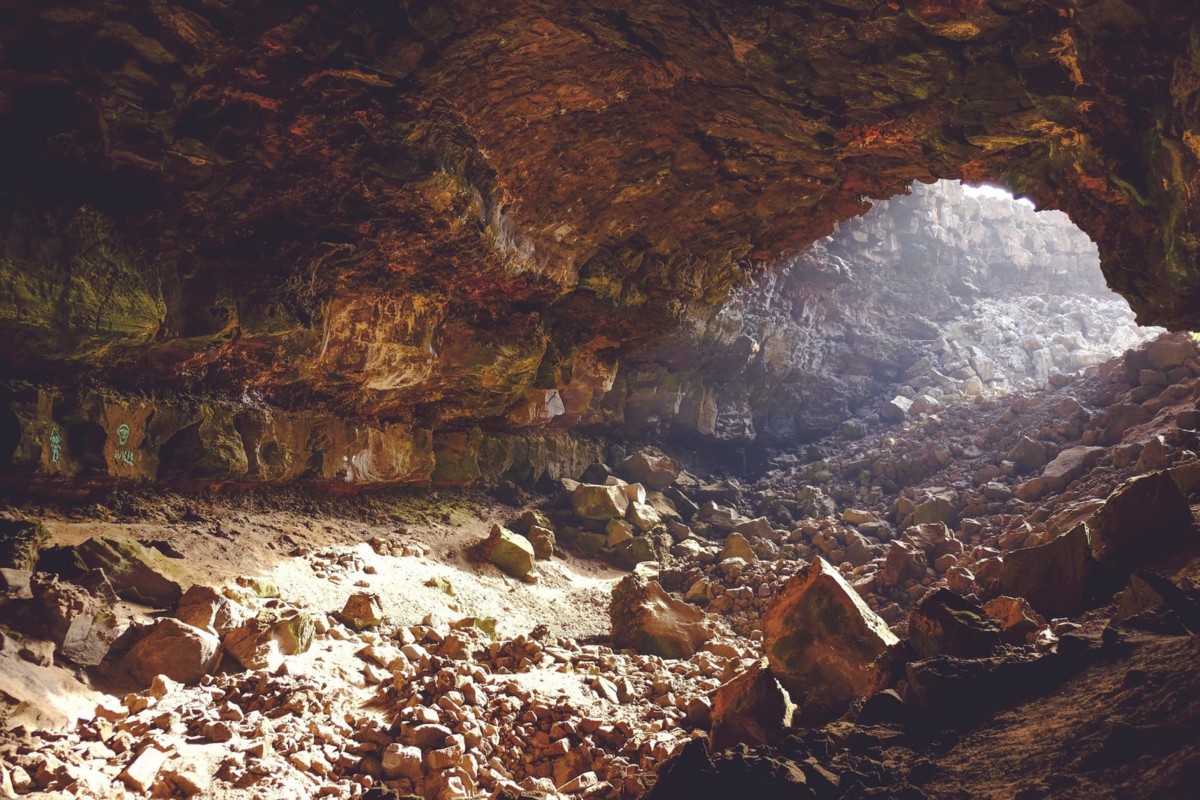“How selfish it is to sit down to write before you have stood up to live.” Henry David Thoreau
Over the course of her life, Agatha Christie published over 66 novels, 13 short story collections, and sold over 3 billion paperbacks. Her work has been translated into over 103 languages, making her the best-selling and widest-read novelist of all time. Outside of Shakespeare, no one has been read more.
At 39, she discovered her husband was having an affair. The divorce led to her having a nervous breakdown and she disappeared for two months. It took an entire police team to track her down in a remote hotel room in Northern England.
Christie decided that a solo-vacation would help mend her broken heart. She had bought a ticket to Jamaica, but then met a young couple at a dinner party who had just returned from Baghdad. Their stories of colorful bazaars and ancient ruins captivated her. She traded in her ticket and packed her bags for Iraq.
The easiest way to get to Baghdad from England was by steamboat, but Christie chose the alternative route: The Orient Express.
***
Exploration, new experiences, travel — these are sold to us tools for life balance. Promoted as antidotes for burnout and prescriptions for recharge. But the point of trying new things isn’t just to “spice things up.”
Our brain doesn’t just shape our behavior. Our behavior also shapes our brain. Cross training the mind through different activities and ways of thinking ripples into how we approach everything.
The places we go, the people we meet, the misadventures we have — they fill our wells with fresh water, creating new reservoirs of thought and intention. It all goes in, shifts our perspective, and adjusts our eyes to new light.
It’s through exploration that we find the things worthy of our productivity in the first place. But here’s the trap: The more success productivity breeds, the harder it becomes to explore new areas.
“The more of these reservoirs you have available, the more likely you can see through the fog.”
Peter Dawkins is a heavy-weight polymath who spent what seems like multiple lifetimes “cross-training” his brain.
He was a Rhodes scholar at Oxford and earned a Ph.D. at Princeton. Between excelling in mathematics and British linguistics, he managed to win a Heisman trophy as a quarterback. He then climbed the ranks to Brigadier General in the Army, eventually serving at thePentagon as Director of Strategy, Plans and Policy. He became a White House Fellow and worked on the task force that would get rid of the draft and move the military to a volunteer system.
Dawkins later used his advanced understanding of mathematics and applied it to city planning. He used his knowledge of British linguistics and philosophy from Oxford to bring people together and lead companies. He became head of Public Financing at Lehman Bros, a consultant at Bain, and vice chairman of Citigroup’s global wealth management. The list goes on.
Dawkins credits his list of varied skills for his success. He believes a diverse set of skills and experiences create neuropathways that, “become reservoirs in your consciousness you can reach back into for insights you’re applying to something totally dissimilar. I think the more of these reservoirs you have available, the more likely you can see through the fog.”
We’ve gotten better as a society at encouraging each other to take risks, try new things, and make mistakes. But this advice tends to come while we’re still on our way toward success. The more successful we become, the more we hear what bankers and high-school guidance counselors have been shelling for generations, “Take what you have and invest where incremental growth is possible and probable.”
And it’s not bad advice. Throughout history, this modus operandi has been the sanest and safest play. But now — in the new world — things move fast. Tomorrow’s industries rise and yesterday’s die. Faster than ever before. And the modern landscape is unforgiveness to those who can’t adapt or are afraid to begin again.
And yet, if cross-training the brain never been more important, why is it still so difficult?
Because no one likes going backward.
Exploring a new arena means going back to a place where you’re not an expert. A place where uncertainty, failure, and lower profits are probably waiting. And for anyone who has already transformed years of productivity into “success,” it’s a dismal proposition.
***
When Agatha Christie made it to Baghdad she was invited into the social circles of other British settlers. Her schedule quickly filled with cricket dates and afternoon tea-times — the same activities that bored her back home. Christie came to Baghdad for adventure. When she heard about the archeological site Ur, the once upon a time capital of Sumeria in 3000 BC, she made her way off the resort and onto the dust covered roads.
The archeological site struck a deep chord in her. In her memoir, Come, Show Me How You Live, she wrote:
“The lure of the past came to grab me. To see a dagger slowly appearing with its gold glint through the sand was romantic. The carefulness of lifting pots and objects from the soil filled me with a longing to be an archaeologist myself.”
It was at the site of Ur that she met the archaeologist Max Mallowan, who would become her second husband. Christie spent the next decade of her life traveling with Max to excavation sites all across Syria and Iraq. She joined Max’s team and helped restore ancient pottery, preserve artifacts, and document findings.
It’d be easy to assume this new path, beginning in her forties, would take her away from her writing, but it brought her closer. Archaeology gave Christie more than a new skill set. She gained a new lens for seeing the world. She had new characters, new landscapes, and new rivers of thought.
In 1934, she wrote her most celebrated novel, Murder on the Orient Express, dedicated to Max and inspired by her many trips on the train. She then wrote Murder in Mesopotamia and Death on the Nile, all drawing from her second life as an archaeologist.
***
“I had learned already never to empty the well of my writing, but always to stop when there was still something there in the deep part of the well and let it refill at night from the springs that fed it.” — Ernest Hemingway
The well that we all draw from is the well of our life’s experience. And it doesn’t refill with fresh water through extended periods of doing the same thing, thinking the same way. You can’t adopt and then challenge the ways of the world without proper exposure to them. Exploration isn’t just the diversification of experience and skill, but also the diversification of empathy, ego, and courage.
To lead a life of true accomplishment it’s not enough to be productive. You need to stay productive. Exploring new realms where your expertise is limited may increase rates of failure in the short term, but the more cross-training you do, the more likely you can, “see through the fog” when it matters most.
Art can’t imitate life if you don’t, ya know, have a life. We need to remember that productivity and success can become bricks in a wall that overshadow exploration. We have to continue to explore, learn, try, and fail so we can cross-train our minds and arrive at productivity with wide-eyed perspective and fresh water in our wells.
And hopefully, it won’t take heartbreak or a mental breakdown to push us out the door.


